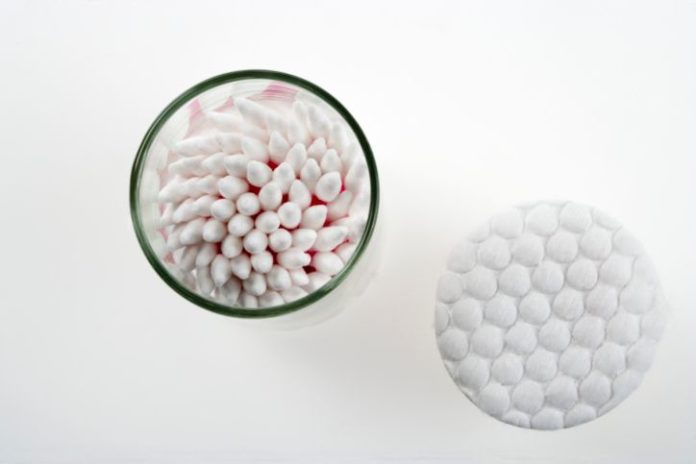A new study indicates that a simple saliva test could be an effective tool in predicting violent behavior.
The pilot study, led by Cincinnati Children’s Hospital Medical Center and published online in the journal Psychiatric Quarterly, suggests a link between salivary concentrations of certain hormones and aggression.
Researchers, led by Drew Barzman, MD, a child and adolescent forensic psychiatrist at Cincinnati Children’s, collected saliva samples from 17 boys ages 7–9 admitted to the hospital for psychiatric care to identify which children were most likely to show aggression and violence.
The samples, collected three times in one day shortly after admission, were tested for levels of three hormones: testosterone, dehydroepiandrosterone (DHEA) and cortisol. The severity and frequency of aggression correlated with the levels of these hormones.
Barzman’s team focused on rapid, real-time assessment of violence among child and adolescent inpatients, a common problem in psychiatric units. But he believes a fast and accurate saliva test could eventually have several other applications.
“We believe salivary hormone testing has the potential to help doctors monitor which treatments are working best for their patients,” said Barzman. “And because mental health professionals are far more likely to be assaulted on the job than the average worker, it could offer a quick way to anticipate violent behavior in child psychiatric units. Eventually, we hope this testing might also provide a tool to help improve safety in schools.”
For this study, the saliva test was used in combination with other aggressive behavior tools, including the Brief Rating of Aggression by Children and Adolescents (BRACHA) questionnaire, an assessment tool also developed by Barzman’s team to predict aggression and violence in the hospital.
“This study sample, while small, gives us the data we need to move forward,” added Barzman. “We have more studies planned before we can reach a definitive conclusion, but developing a new tool to help us anticipate violent behavior is our ultimate goal.”
Barzman’s team included Douglas Mossman, MD, a psychiatrist at the University of Cincinnati (UC) and an internationally recognized authority on violence prediction; Michael Sorter, MD, Director, Division of Psychiatry at Cincinnati Children’s; David Klein, PhD, MD, an endocrinologist at Cincinnati Children’s; Thomas Geracioti , MD, an expert in the endocrinology of mental disorders based at the Veterans Administration Medical Center and Kacey Appel, a PhD candidate in epidemiology at UC.
Cincinnati Children’s is a leader in the study of pediatric aggression and violence and has developed what is believed to be one of the largest databases in the world on the subject for further analysis. Barzman’s team is already working on the next phase of the salivary hormone study, which will include girls and a broader age range of patients.
Source: Cincinnati Childrens










